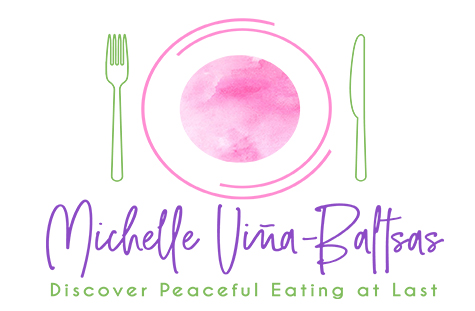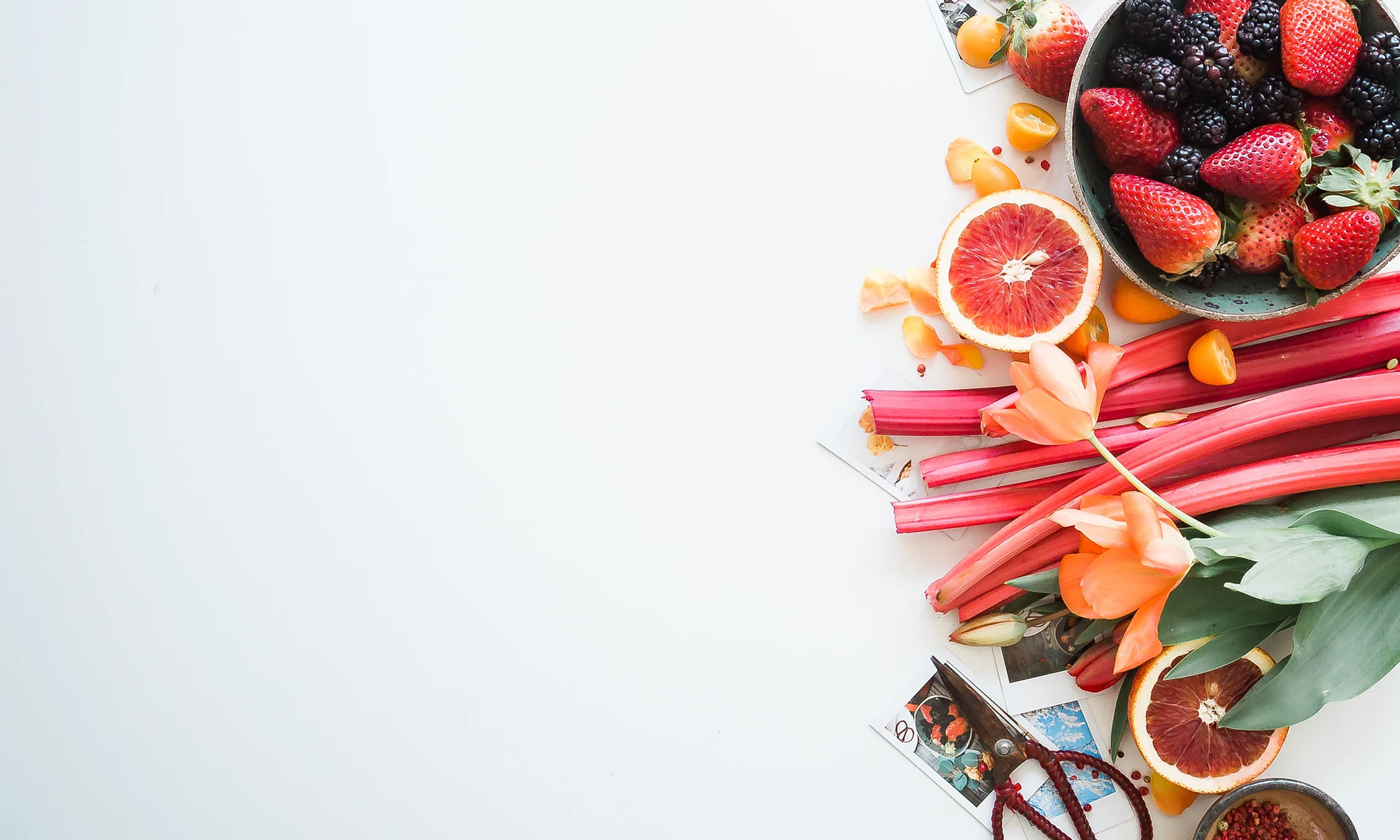For anyone who wasn't able to attend the BOOM! Ladies Night last week where we had a very relevant and insightful discussion about what we wished someone had told us when we turned 50, catch the free replay here.
Now on to this week's message...
Are planning and intuitiveness contradictory?
In a nutshell, no. I don't think they are when we're talking about things like intuitive eating and intuitive movement. However, I do think there are some important caveats to this and I want to outline a few of them for you.
The main premise of being intuitive is to go inward and check in with our bodies instead of relying on outside influences to guide our decisions. Having said that, I do think it's possible to plan in advance to make our lives easier provided we keep a few things in mind.
Strive for flexibility NOT perfection - Instead of being rigid and perfectionistic about your plans, remember that you have permission to change your plans to remain true to your bodies' needs. So, for example, if you meal plan for the week, but you're just not feelin' the dinner you had scheduled for tonight (or any other night), you have permission to eat something else. One of the main purposes of intuitive eating is to eat foods that are satisfying and make your body feel good.
Beware of "shoulding" yourself - Many of the members of my Joyful Movement at Last! program said they used to try and "should" themselves into movement to no avail. I'm not surprised because research shows that "shoulding" doesn't work and actually moves us further away from our goals instead of closer. I can relate to this as I did this myself for several decades! On the flip side, self-compassion is linked to increased motivation and improved health behaviors so in the long run, cultivating a self-compassion practice can help you develop and maintain a consistent exercise routine.
You have permission to schedule - Like most, you're probably busy with work, family, volunteering, etc. With the schedules we all keep, setting intentions around the things that matter to us is important. No, it doesn't mean that the schedule needs to be rigid (see #1 above), but if we don't make a concerted effort to nurture what matters to us and what helps to support our bodies, our needs often go unmet. That is often a setup for engaging in disordered eating behaviors and shame spiraling.
Remain true to your needs by getting curious - If you're not in the mood to eat a planned meal or to move in the way you had planned (and your body is feeling like it wants to move in some way), you don't have to scratch your whole plan. Instead, get curious and ask yourself, "What kind of movement do I have the energy to do today?" or "What foods seem most appealing right now?". I realize that we cannot always get everything that we want, but when we can and it's within our reach, why not go for it?!
In full transparency, I experienced all of these things within a span of few hours this past weekend. I had planned to go for a walk, I said I was going a few times, but never had the get-up and go to do it.
I realized I was being rigid by thinking I had to do what I had planned. I almost started "shoulding" myself into it, but caught myself, changed direction, and asked myself what kind of movement I WAS in the mood to do instead. I calmed my mind by going inward, marinated my rigid thoughts with self-compassion, and realized what I wanted was to do yoga and not walk. So, I did some yoga and my body felt energized and less stiff afterward.
In this example, even though my plans changed slightly, I still did what was important to me by listening to my body and it resulted in a calmer mind and body.
Want to explore this some more? Click the button below or leave a comment.







